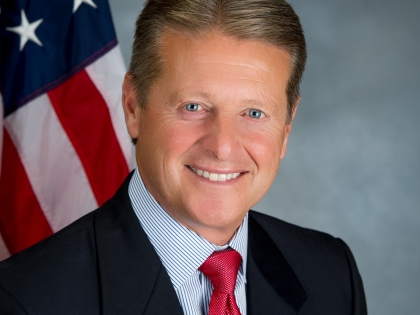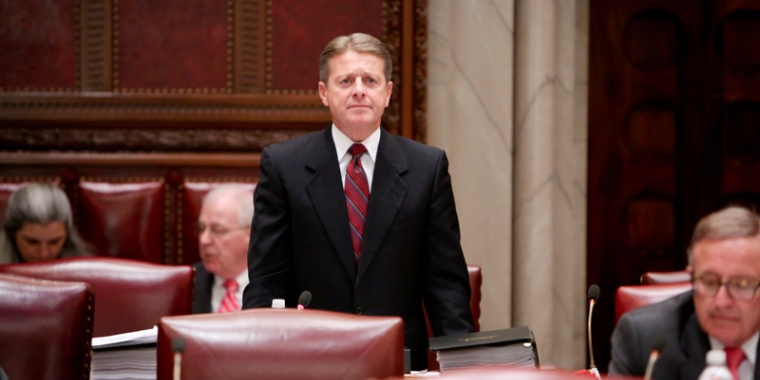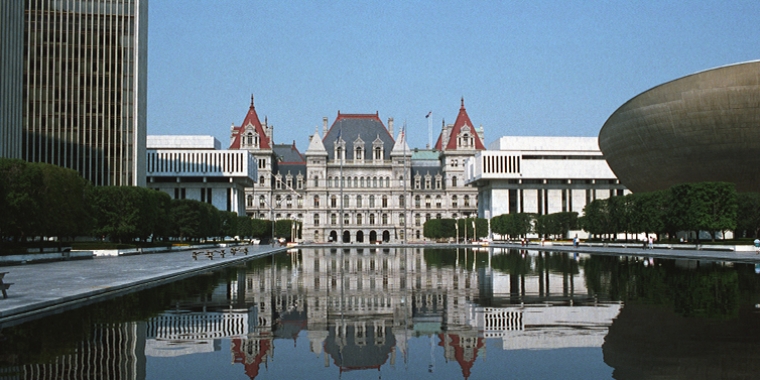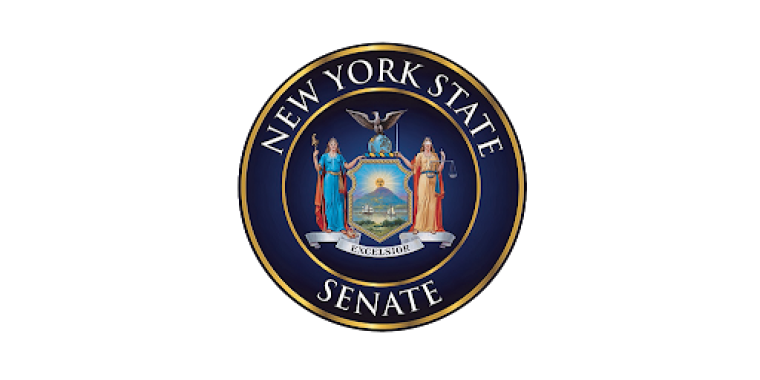
New State Budget Reduces Spending, Cuts Taxes and Creates Jobs
Patrick M. Gallivan
April 4, 2011
The new State Budget agreement keeps my commitment to reduce spending, cut taxes and empower the private sector to create jobs.
The spending plan actually reduces year-to-year spending by $3.5 billion, cuts the bureaucratic trims state expenditures by 10 percent and will begin to put New York on the road to fiscal recovery.
It closes a $10 billion deficit without raising taxes or borrowing. It contains structural reforms to government, including a 2-year cap on Medicaid and education to ensure we continue to live within our means. In fact, next year’s projected budget deficit has already been reduced from $15 billion to a more manageable $2 billion - - less than one percent of the overall budget.
A strong commitment to cooperation based on mutual respect between Governor Cuomo and the Legislature helped produce New York’s first on-time budget in five years. This accomplishment shows that with the right leadership, New York’s government can be functional and accountable to the people.
By passing a budget without tax increases, and including innovative job creation initiatives we have sent a very clear signal that New York is once again open for business. The budget contains the following measures to rebuild Western New York’s private sector.
Recharge NY:
This program expands and makes permanent the Power for Jobs program, utilizing Western New York’s greatest natural resource, cheap hydro-electric power. Qualified area companies now have the ability to enter into long-term agreements that will provide them with low-cost power in exchange for their commitment to creating and retaining jobs.
Excelsior Jobs Program:
High-tech industry will play an enormous role in transforming Western New York into a modern economy. The Excelsior program invests in emerging sectors by expanding New York State tax credits for research and development 500 percent. This strategic investment will provide many of the high-tech spin-off companies in Buffalo’s medical corridor and elsewhere with the necessary capital to convert promising research into marketable products.
Agriculture:
Western New York’s largest and most important economic center is agriculture. The new budget restores funding to many agricultural support programs vital to our farming communities, including; $1,000,000 for the Farm Viability Institute, $713,000 for the Wine and Grape Foundation, $384,000 for Farm Net (Farm Family Assistance), $192,000 for the Future Farmers of America, $150,000 for the Center for Dairy Excellence, $411,000 for the Cornell Pro-Dairy Program, and $100,000 for the Maple Producers, among other restorations.
Agricultural co-ops are also now permitted to participate in the Excelsior program.
Retail Sales Tax Exemption:
Holding the line on taxes across the board was an important accomplishment, but working families need tax relief now. Clothing purchases for items costing less than $55 will again be exempt from state imposed sales tax, giving families a small break and the retail sector needed boost of economic activity. This exemption will expand to clothing purchase under $110 dollars after one year.
UB 2020:
UB 2020 is the most important economic development initiative for Western New York in generations. The University at Buffalo’s strategic growth and development plan took another step forward during this budget process. The budget included language providing SUNY and CUNY campuses increased flexibility in their procurement procedures, one of the three components needed for full implementation. The Senate Majority has already demonstrated its commitment by passing the measure as stand-alone legislation, and the once tepid support of Governor Cuomo has solidified. Further, the Governor has agreed to convene a summit with Assembly leaders and community stake holders to iron-out remaining differences and ensure UB 2020 becomes a reality.
Revitalizing Downtown Buffalo:
$50 million has been designated in economic development assistance for Buffalo’s inner harbor and the emerging Downtown medical corridor.
The new budget also recognizes and protects programs and institutions vital to our quality of life.
Elderly Pharmaceutical Insurance Coverage (EPIC) program:
Nobody feels the pain of tightening belts like our seniors. Unexpected cost increases for prescriptions causes significant strain on seniors’ fixed incomes, or worse, can force seniors to forgo expensive medications in an effort to save money. This is unacceptable. The new budget restores $22.3 million for the EPIC program.
Roswell Park Cancer Institute:
The budget restores state funding for Roswell Park and re-appropriates additional funds from last fiscal year.
In addition, we have restored $272 million in school aid cuts, including restorations to 4201 schools like Saint Mary’s School for the Deaf in Buffalo and Rochester School for the Deaf. The education aid distribution formulas contained in the original Executive Budget Proposal imposed unfair cuts on Upstate’s rural and economically disadvantaged districts. The funding restorations we were able to secure are largely targeted for these high-need districts.
While I recognize the need to trim excess capacity from the State’s prison system to achieve savings, I am pleased that the agreed-upon 3,700 bed reduction will be done in a rational, geographically-balanced way. In addition, those communities which do see prison closures will be eligible for economic development benefits to help offset these losses and create new private sector jobs.
This budget involved some painfully difficult decisions, but they are the responsible decisions I was elected to make. Mutual cooperation between Governor Cuomo and the Legislature has produced a budget that is on-time, fiscally responsible, and accepting of the economic reality facing New York’s families and businesses.
Many challenges remain. We must address ever-climbing property taxes, provide mandate relief for school districts and local municipalities, and further transform the dysfunction of Albany, but this budget is a good start towards a better New York.
Share this Article or Press Release
Newsroom
Go to NewsroomSenator Gallivan Honors National FFA Organization
March 11, 2024



